It is no of use calling ourselves Christians, because “God is practical”, and what is important not talk but action. The Pope proposed getting back to the basics of Christian life, and invited an examination of conscience on the Beatitudes and, in particular, on one’s witness in the family. This was the subject of his homily on Tuesday, 23 February, during Mass at Santa Marta.
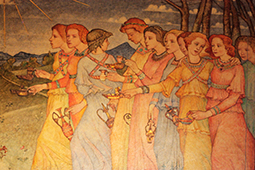
After all, Jesus himself said: “those who say to me ‘Lord, Lord’ will not enter the Kingdom of Heaven, but those who have done!”. Thus, “not those who talk” and that’s all, but those “who have done the will of the Father”. Thus the Pope recalled that “the Lord teaches us the path of action”. And, he added, “how often we find people — ourselves included — so often in the Church” who proclaim: “I am very Catholic!”. They should be asked, “what do you do?”. For example, Francis noted, “how many parents say they are Catholic, but never have time to speak to their children, to play with their children, to listen to their children?”. Perhaps, he continued, “they have their parents in a rest home, but they are always busy and cannot go to visit them, leaving them abandoned there”. Yet they repeat: “I am very Catholic. I belong to that association…”.
This attitude, the Pope stated, is typical of this “religion of talk: I say that I am like this, but I do worldly things. Like those clerics that Jesus spoke about”. They “liked being seen, they preferred their vanity, but not justice; they liked being called ‘master’; they liked to talk but not to do”.
This situation is also recalled in the day’s Gospel passage, taken from Matthew, Chapter 25 (1-12). “Let’s think”, the Pope said, “about those 10 maidens who were happy, because that evening they were supposed to go and meet the bridegroom. They were happy! But five did what they were supposed to do in order to meet the bridegroom; the other five had their heads in the clouds”. Thus, he continued, when “the bridegroom arrived they had no oil: they were foolish”.
“To talk and not do is deceit”, the Pontiff warned. And “it is deceit that really leads to hypocrisy”. It is exactly “as Jesus says to these clerics”. But “the Lord goes even further: what does the Lord say to those who draw near to him by doing?”. His words are: “Come now, let us reason together! Though your sins are like scarlet, they shall be as white as snow; though they are red like crimson, they shall become like like wool”.
Thus, Francis explained, “the Lord’s mercy is in doing”. Such that to “those who knock at the door and say: ‘But Lord, remember that I said…’”, he responds: “I do not know you!”. Instead, to those “who do”, he says: your sins are “like scarlet, you shall be white as snow”. This is how “the Lord’s mercy goes to meet those who have the courage to face him, but to face him on the truth, on the things that I do and those I do not do, in order to correct me”. And “this is the great love of the Lord, in this dialectic between talk and action”.
Therefore, the Pope continued, “being Christian means action: doing the will of God”. And on “the last day — because we will all have one — what will the Lord ask us? Will he ask us: ‘What have you said about me?’. No! He will ask about the things we have done”. He will ask us about “practical things: ‘I was hungry and you gave me food; I was thirsty and you gave me drink; I was sick and you visited me; I was in prison and you came to me”. Because “this is Christian life”. On the other hand, “talk by itself leads us to vanity, to the pretence of being Christian. But no, one is not Christian like this!”.
As Easter approaches, “on this Lenten path of conversion”, Francis proposed an examination of conscience, suggesting several questions to ask ourselves: “Am I one of those who talk a lot but do nothing, or do I do something? Do I try to do more?”. The goal, he said, is “to do the Lord’s will so as to do good for my brothers, for those who are close to me”.
In conclusion, before returning to the Eucharistic celebration, the Pope prayed that “the Lord grant us this wisdom to properly understand the difference between talk and action, and teach us the path of doing and help us to take that path, because the path of talk leads to the place where these doctors of the law were, the clerics who liked to dress and live as if they were kings”. But “this is not the reality of the Gospel!”. Thus he prayed that “the Lord teach us this path”.

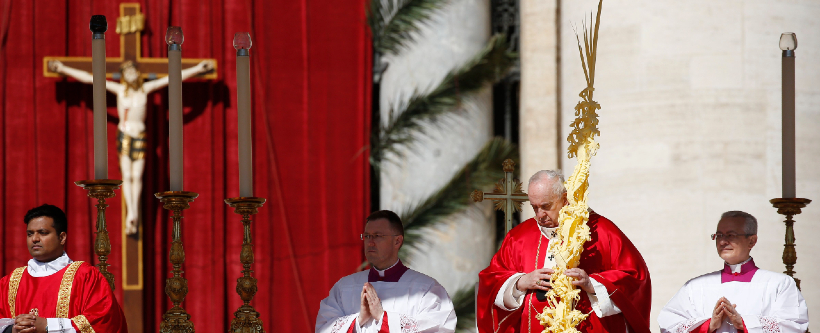
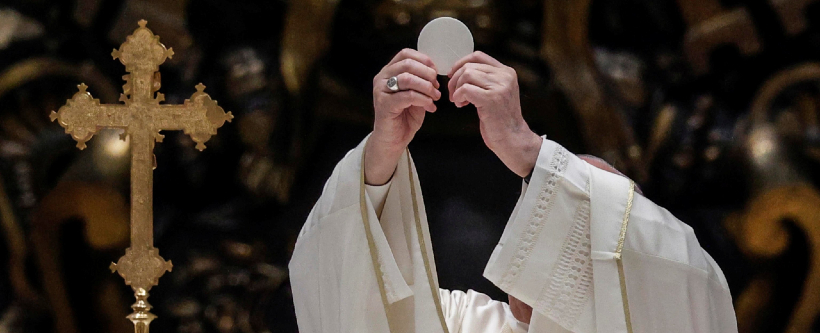
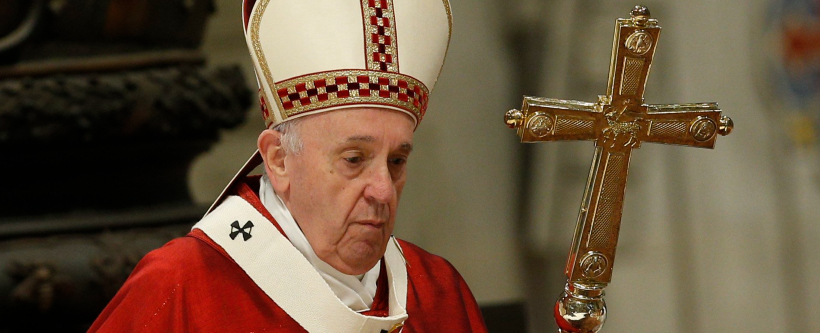
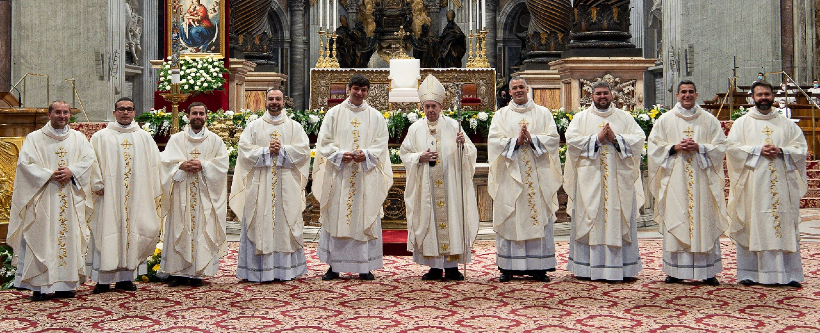
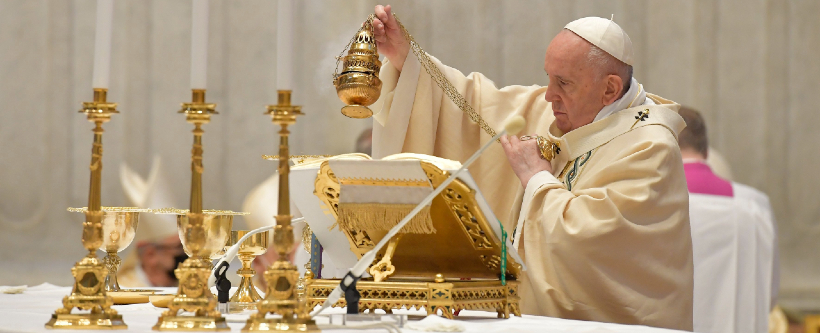
Facebook Comments